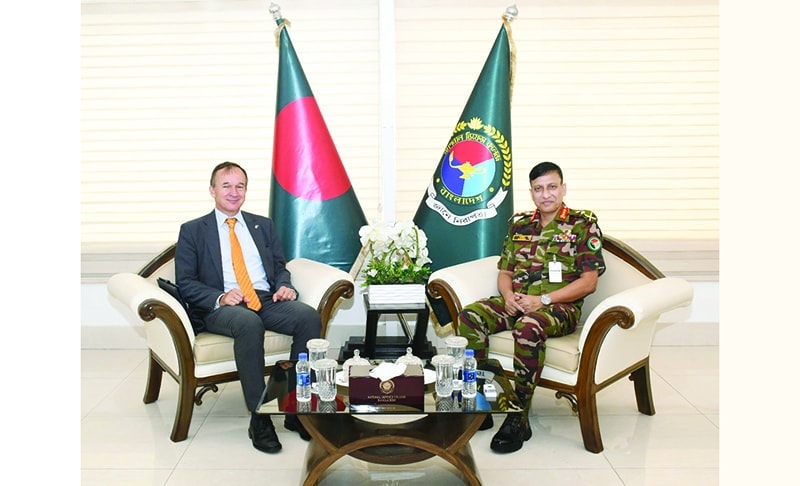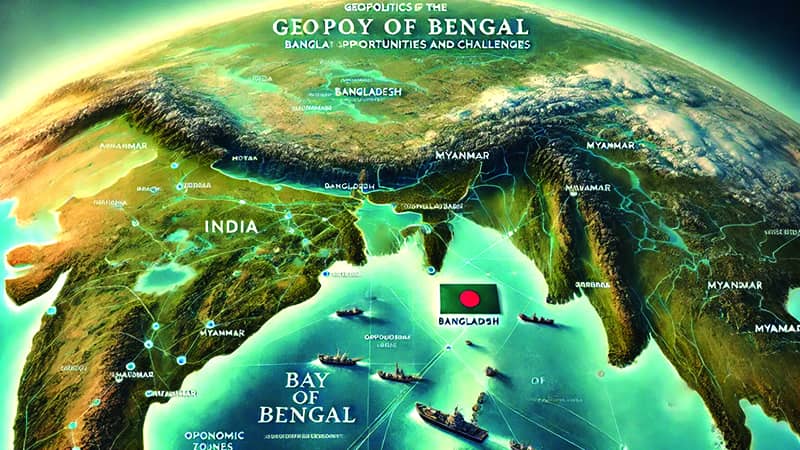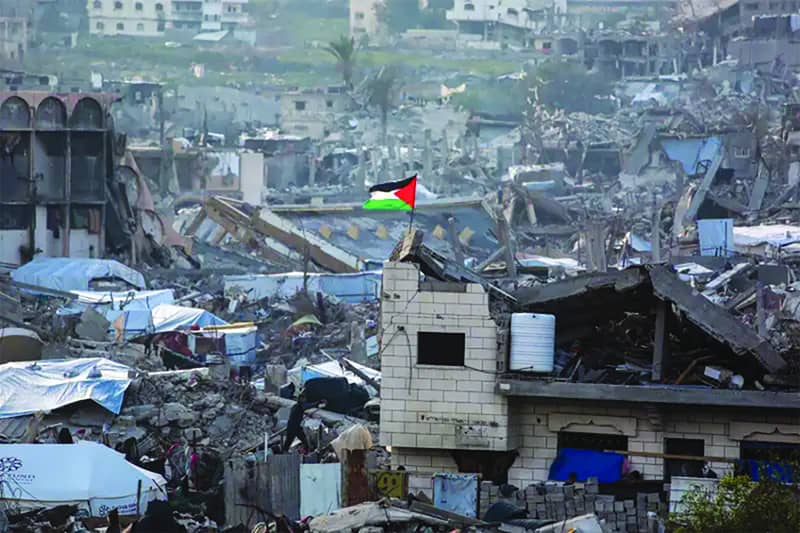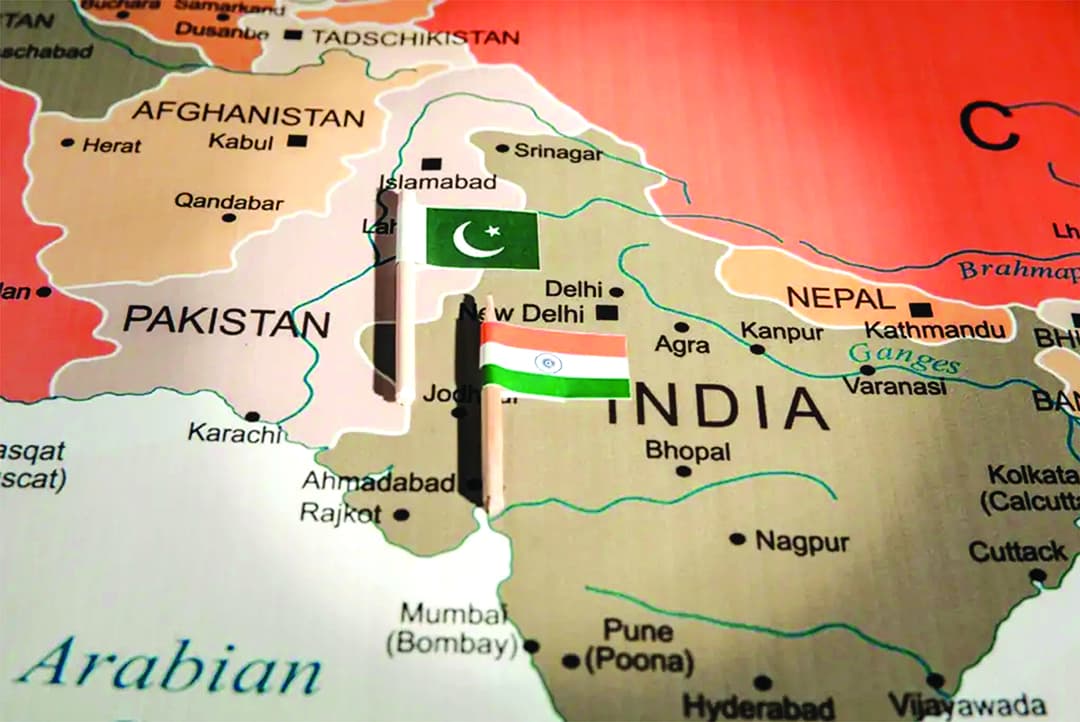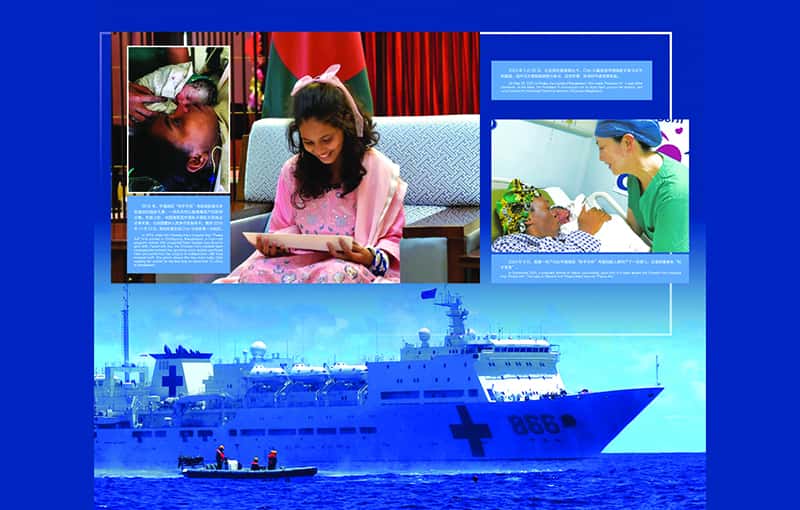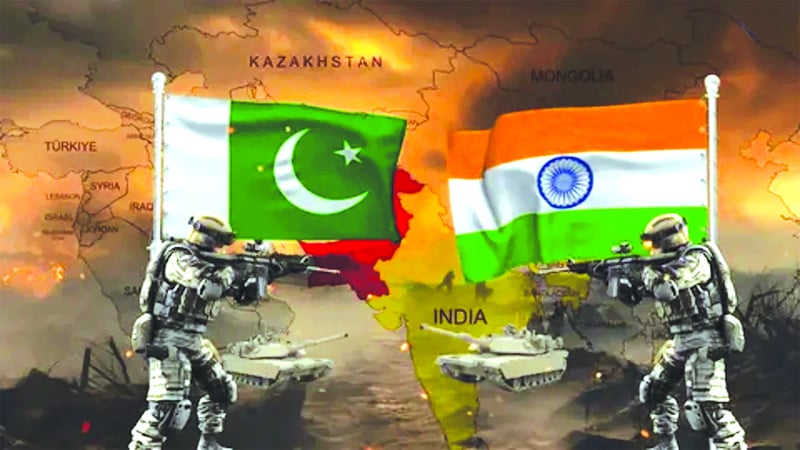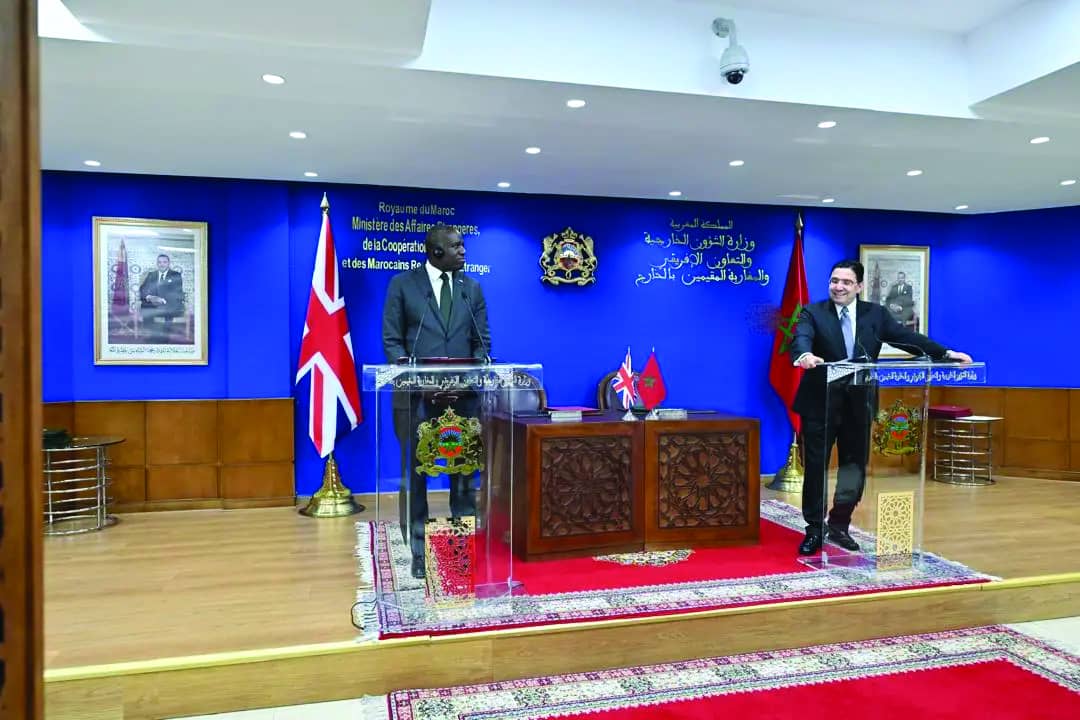Kosovo’s Security Vision and Growing Strategic Partnerships- A Regional Stability Actor
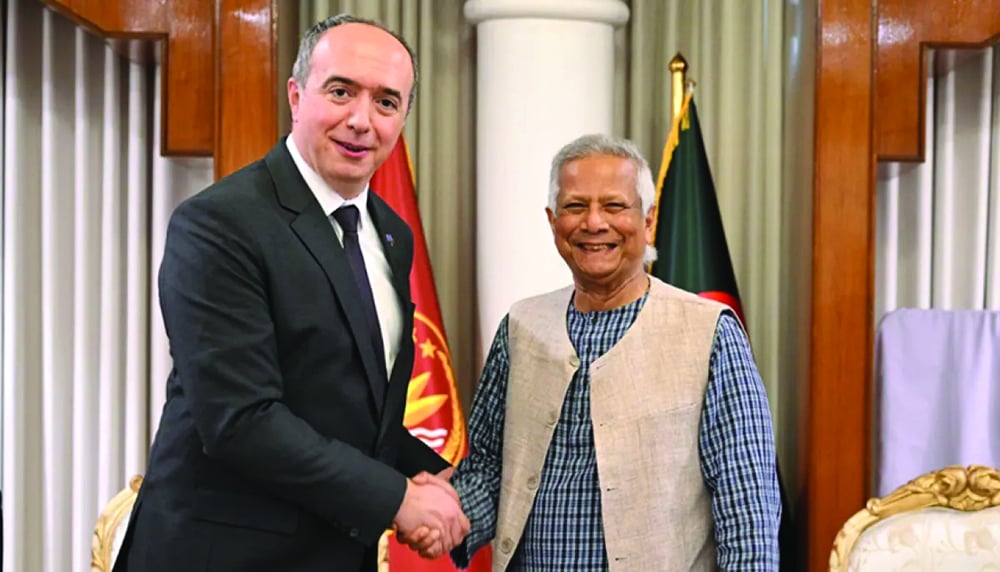
Lulzim PLLANA
Ambassador of the Republic of Kosovo to Bangladesh
Lulzim Pllana is a distinguished Kosovar diplomat whose extensive career spans roles in diplomatic service, academia, and security policy formulation. Currently serving as the Ambassador of the Republic of Kosovo to Bangladesh, he has previously held significant positions including Ambassador to Austria and Counsellor at the Kosovo Embassy in Berlin. With a deep understanding of political, economic, and security issues, Mr. Pllana has contributed to shaping Kosovo’s foreign policy and regional integration efforts. His insights in this write-up for the Security World reflect his commitment to advancing security cooperation, addressing contemporary threats, and fostering stability in a rapidly evolving geopolitical environment. Fluent in Albanian, German, and English, and with a background rooted in both diplomatic practice and academic research, he offers a comprehensive perspective on the critical security challenges facing the international community today.
The ambassador’s thoughts are expressed in the following article:
Once dependent on international peacekeeping and support for its stability, today, Kosovo is playing an increasingly active role in multinational military exercises and operations. As a nation with a young demographic, the people of Kosovo have endured a difficult history in the struggle for statehood, much like Bangladesh. With the Declaration of Independence on February 17, 2008, and the marking of its Liberation Day in June, Kosovo commemorates its release from Serbian occupation—a moment of hope and the foundation of statehood. The support of the international community, particularly NATO’s intervention in June 1999, played a pivotal role in preventing massacres and mass displacement. Kosovo remains deeply thankful for this support, which also included the presence of Bangladesh, a country that was involved in post-conflict recovery efforts through UN administration and humanitarian development long before formal diplomatic ties were established.
Although formal diplomatic relations between Kosovo and Bangladesh began on February 27, 2017, Bangladesh’s connection to Kosovo dates back to the 1999 conflict, through its presence in United Nations mission and the establishment of the KGMAMF (Kosovo Grameen Missione Arcobaleno Microcredit Fund) in June 2000. Since then, both countries have steadily worked to expand diplomatic and sectoral engagement, guided by shared values of sovereignty, peace, and international cooperation.
Today, Kosovo and Bangladesh enjoy cordial diplomatic relations rooted in mutual respect and a shared aspiration to strengthen cooperation across education, economy, culture, and defense. On June 24, 2025, I had the opportunity to call on the Hon’ble Chief Adviser of the Interim Government of Bangladesh, Dr. Muhammad Yunus, at the State Guest House Jamuna. I expressed heartfelt gratitude for Bangladesh’s recognition of Kosovo’s independence and highlighted the vital role of Grameen Kosovo—founded with Bangladeshi support in 1999—in the country’s post-war recovery and women’s empowerment, with 97 percent of its borrowers being women.
In the immediate aftermath of the Kosovo War, security in the newly independent nation was guaranteed primarily by international actors such as the NATO-led KFOR. Over time, however, Kosovo undertook significant reforms to build its own defense infrastructure. Central to this transformation was the establishment of the Kosovo Security Force (KSF), initially a lightly armed civil protection force, which has since evolved into a professional military institution capable of participating in international deployments. Currently, Kosovo has increased its military budget of over 208 million Euro, Kosovo Security Forces (KSF) reportedly have undergone deep reforms in the defense and security sector had begun with increased arms purchases for the KSF.
Kosovo’s long-term strategic vision is firmly aligned with Euro-Atlantic standards, with a clear aspiration to eventually join NATO and the European Union. Guided by this path, Kosovo has committed itself to building a professional, multiethnic, and democratic military institution—one that upholds the highest standards of human rights, rule of law, and civil oversight. The Kosovo Security Force (KSF) has steadily evolved into a credible contributor to international peace and stability, actively engaging in NATO-led and U.S.-led exercises and missions, while also developing the operational readiness to support its own civil authorities during emergencies. Such instance as most recently, it served as one of the host countries for “Defender Europe 25,” one of the largest military operations on the continent, organized by the United States Army for Europe and Africa. This marked the KSF’s third consecutive participation, demonstrating its growing capacity for large-scale operations and collaboration with strategic partners.
Kosovo Security Force: Photo: Net
Kosovo’s defense diplomacy has become an integral pillar of its foreign policy, fostering partnerships, building interoperability with allied forces, and participating in international peacekeeping efforts. The KSF has taken part in missions abroad and has played a key role in Kosovo’s growing reputation as a responsible and proactive contributor to global security. Bangladesh has maintained a supportive position regarding Kosovo in international forums, notably backing Kosovo’s bid for INTERPOL membership.
Beyond traditional defense, the Armed Forces of Kosovo have established strong capabilities in crisis response and civil emergency management. From firefighting and flood response to earthquake recovery, the KSF has consistently supported civilian authorities in times of need, showcasing not only operational effectiveness but also deep trust among the population. Through its strategic orientation, Kosovo stands ready to be a force for stability in the Western Balkans and a committed partner to NATO and other global institutions.
Despite its progress, Kosovo continues to face serious security challenges, primarily from external threats and acts of sabotage. On September 24, 2023, a Serbia-backed paramilitary group launched a coordinated attack in Banjska, resulting in the death of a Kosovo police officer and injuries to others. Evidence strongly suggested direct involvement and coordination by the Serbian state, raising concerns about an attempted destabilization or justification for military intervention. In November 2024, an explosion damaged a key water canal in Zubin Potok, disrupting water and potentially electricity supply in the country and region. This kind of terrorist attack has been internationally condemned.
In response, Kosovo has adopted a comprehensive counter-terrorism strategy, combining law enforcement, intelligence coordination, and international partnerships. Its security forces have demonstrated professionalism in managing complex hybrid threats, notably in the Banjska incident, where they acted with restraint to avoid civilian harm despite provocation. Kosovo has since enhanced border security, increased protection of critical infrastructure, and strengthened intelligence cooperation with partners such as the United States and European Union.
To the people of Bangladesh and the readers of the Security World Magazine, I extend heartfelt greetings and appreciation on behalf of the people of Kosovo. Though our countries are geographically distant, we are united by shared values—resilience, friendship, and a commitment to peace. Kosovo cherishes its growing relationship with Bangladesh and looks forward to building stronger bridges in diplomacy, education, trade, and security in the years ahead.






